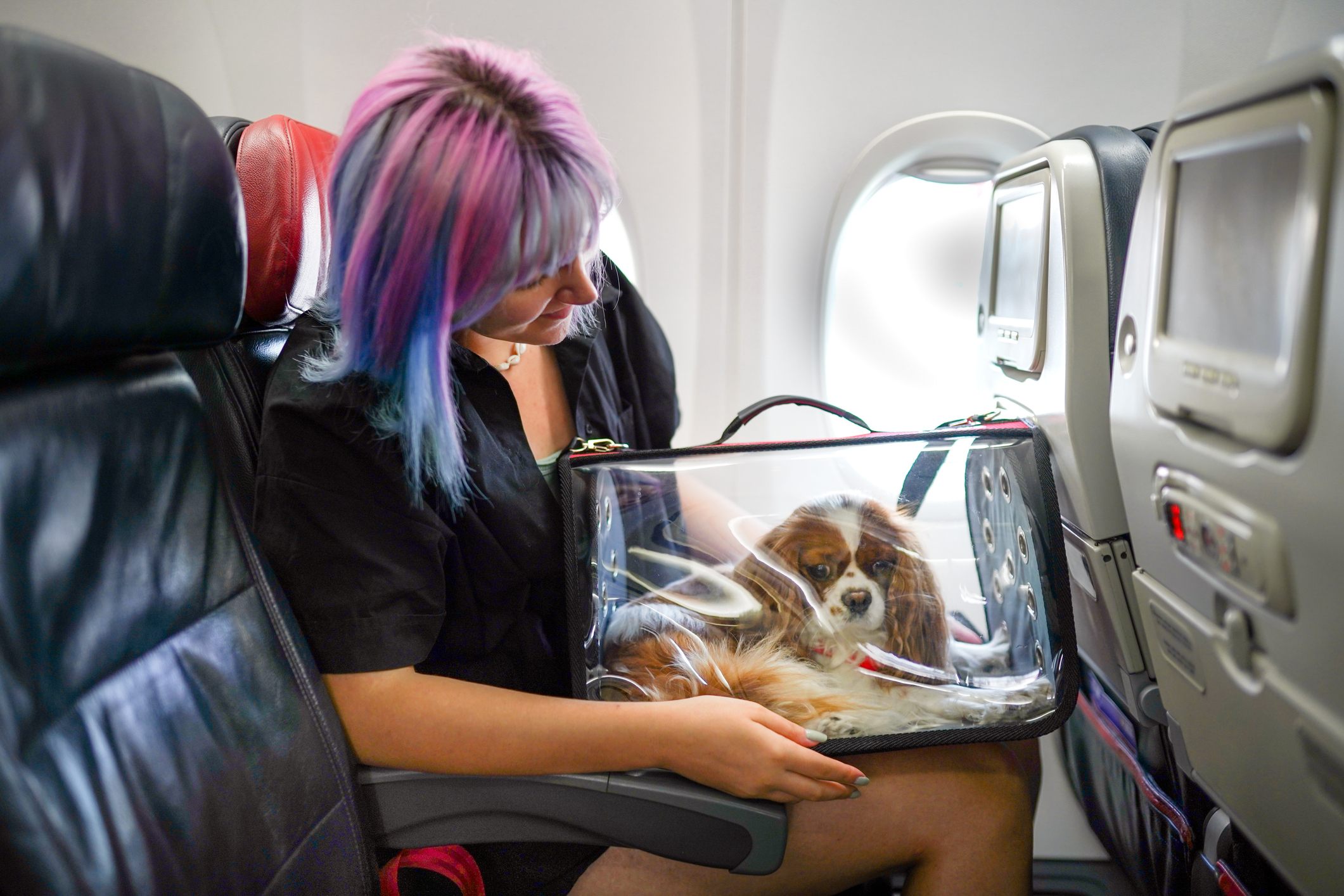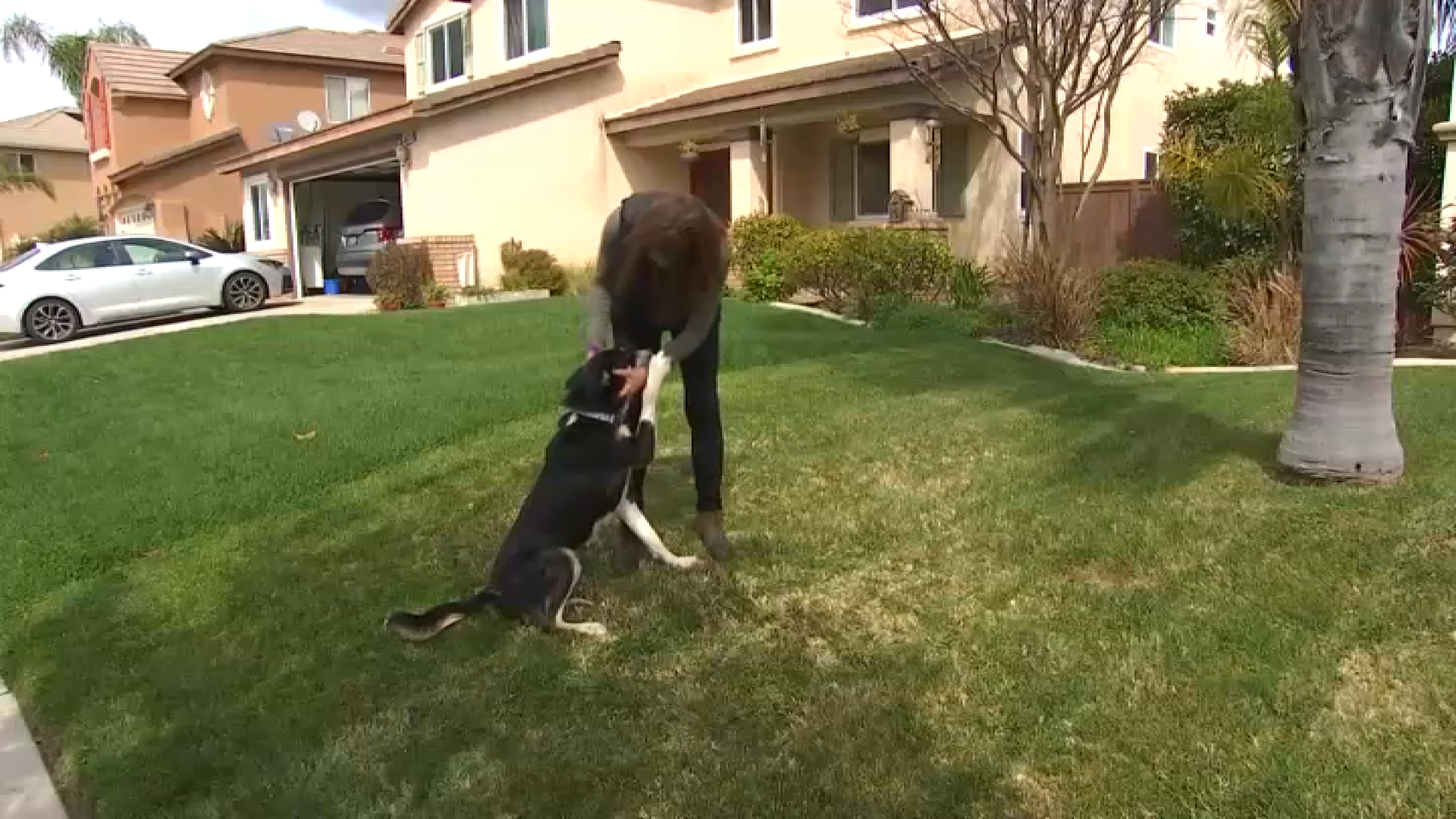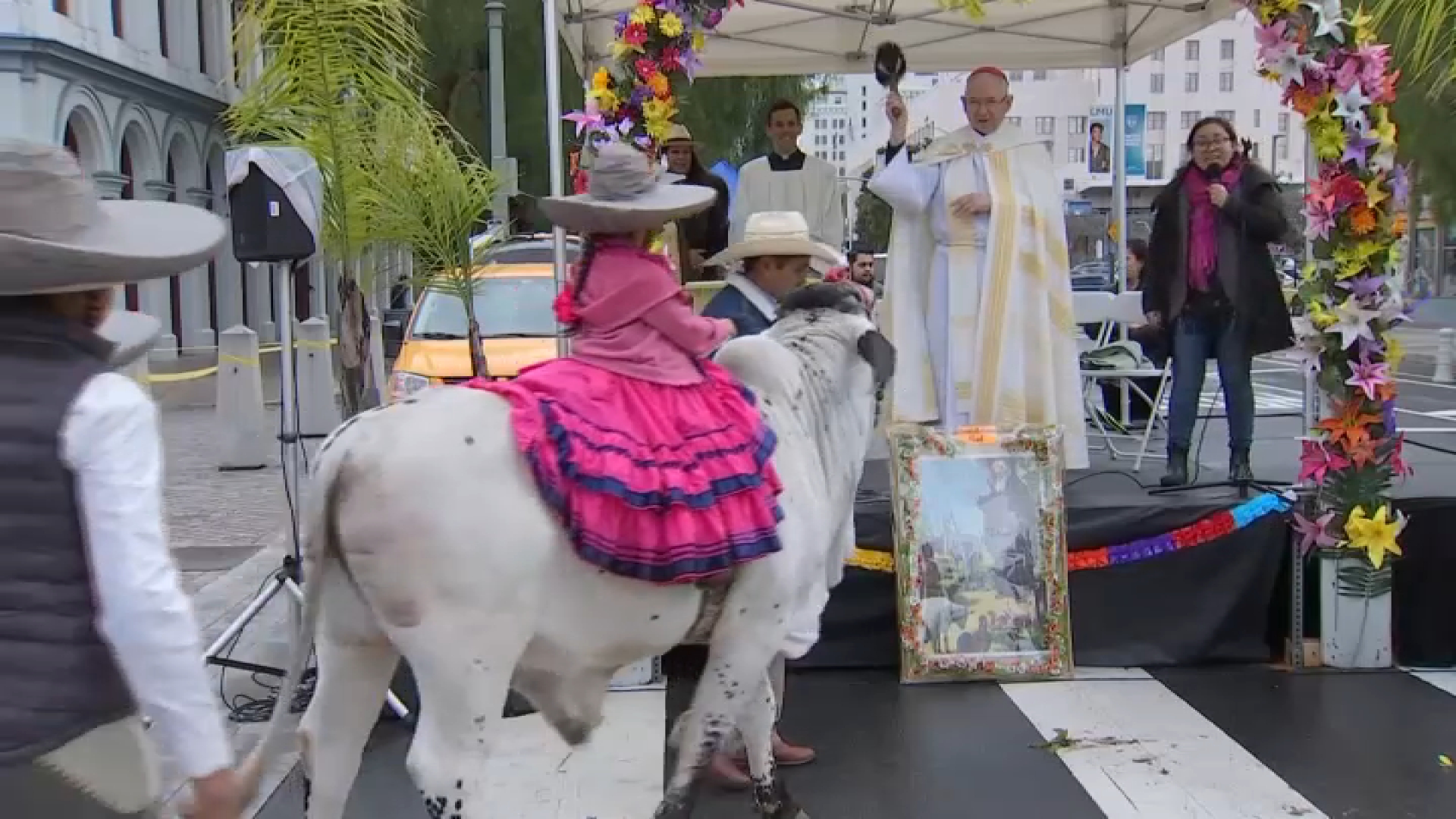The Los Angeles City Council today approved a temporary moratorium on dog breeding permits in an attempt to address overpopulation at the six city-run animal shelters.
Council members voted 13-0 to pass an ordinance, which was needed to enact the moratorium. Council members Monica Rodriguez and Katy Yaroslavsky were absent during the vote.
According to city documents, the moratorium would be lifted once shelters are at or below 75% capacity for three consecutive months, and could be automatically reinstated if shelter capacity rises above 75%.
City officials emphasized the moratorium is only temporary until the shelters' can get control of the situation. It will affect dogs specifically, not cats or rabbits, because the shelters are reporting an influx of purebred dogs being dropped off.
Get Southern California news, weather forecasts and entertainment stories to your inbox. Sign up for NBC LA newsletters.
Councilwoman Eunisses Hernandez, who chairs the council's Neighborhoods and Community Enrichment Committee and introduced the motion, said the action was necessary to address the "crises'' at city animal shelters.
"They're overwhelmed with animals and the conditions are completely unacceptable," Hernandez said prior to the vote. "This is both an inflow and outflow problem."
She said not enough animals are being adopted or fostered, and on top of that many animals are coming into shelters due to a lack of pet-friendly rental units, a wave of dogs being dropped off after the COVID-19 pandemic, and pets not being spayed and neutered.
"Los Angeles legislators have taken their first decisive action to curb the city's ballooning homeless-animal overpopulation crisis by hitting it at the source: the breeders who've been churning out even more animals in a city already bursting with abandoned dogs and cats," PETA Senior Vice President Lisa Lange said in a statement.
"PETA is celebrating that L.A. is now one step closer to getting its arms around this emergency, and we're calling on Mayor Karen Bass and Los Angeles Animal Services to do their parts, which means enforcing the existing spay/neuter law and requiring shelters to offer refuge to everyone in need."
Hernandez said the Los Angeles Department of Animal Services issued more than 1,100 breeding permits in the first six months of 2023.
"It is unacceptable for the city to continue issuing breeding permits, while thousands of animals are suffering from overcrowded conditions in our shelters,'" Hernandez said. "This (moratorium) is just to get us to a place where our shelters are manageable."
The councilwoman emphasized that the city will need to take further action to address shelter conditions, most likely during budget conversations.
She added that the city "cannot allow" animals to suffer as a result of "poor policy and budgeting decisions."
Councilwoman Traci Park agreed that the city needs to use "every tool" available to bring shelter population down to manageable levels.
Hopefully, it will help alleviate some of the burnout among our shelter staff and some of the suffering experienced by animals in our community,'' Park said. "We need to take a hard look at all of our policies that may be contributing to the circumstances and ensure that Animals Services has the funding and resources that it needs to care for the animals in their custody."
Councilman Bob Blumenfield, who chairs the council's budget committee, noted the moratorium would serve as a "tax-saving measure.'"
"Our shelters as mentioned are bursting at the seams and it costs money to house these animals, and it costs us even more money to put them down,'' Blumenfield said.
He encouraged Angelenos to adopt their pets from shelters and to stop getting their animals from breeders. Blumenfield also shared a warning from animal advocates who say some breeders may choose to go "underground,'" and continue backyard breeding to avoid the need for a permit. He said a robust outreach campaign across the city to encourage people to adopt could prevent that issue.
"Our shelter animals often get a bad rep,'' Blumenfield said. They're a wonderful mix and pure breeds at the shelters that just need a good home.''
He added, "Nothing is perfect, but it gets us to thinking of our goals to become a 'no-kill' city, and it puts us in the right direction.''
City officials are also in the process of considering a proposal to provide a stipend to encourage more people to foster animals in shelters.





